Science & Society
Sign up for our newsletter
We summarize the week's scientific breakthroughs every Thursday.
-
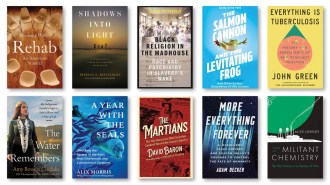 Science & Society
Science & SocietyScience News’ Top Reads of 2025
Books about AI, Mars and infectious disease were among our top reads this year.
-
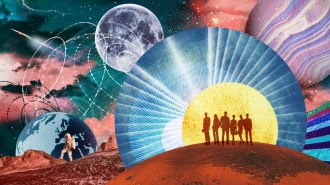 Space
SpaceAmerica risks losing its role as a space science pioneer
Funding uncertainties are pushing U.S. space scientists out of the field and putting existing and future space missions on the chopping block.
By McKenzie Prillaman and Emily Conover -
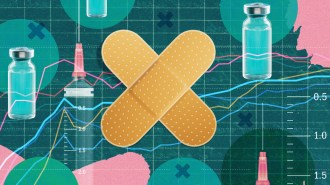 Health & Medicine
Health & MedicineEroding access to childhood vaccines jeopardizes health for all
Recent U.S. decisions about vaccines signal bigger changes to come that could threaten the foundation of the national childhood immunization schedule.
-
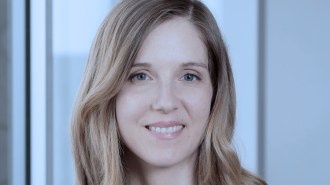 Oceans
OceansCombining western science with Indigenous knowledge could help the Arctic
Polar marine ecologist Marianne Falardeau investigates how Arctic ecosystems are shifting under climate change.
By Nikk Ogasa -
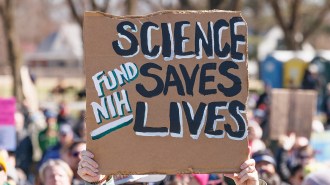 Science & Society
Science & SocietySee the alarming extent of NIH and NSF funding cuts in 2025
In 2025, the Trump administration froze or ended about 5,300 NIH and NSF research grants totaling over $5 billion in unspent funds, a decision that reshaped many fields of science.
- Artificial Intelligence
Chatbots may make learning feel easy — but it’s superficial
People who use search engines develop deeper knowledge and are more invested in what they learn than those relying on AI chatbots, a study reports.
By Payal Dhar -
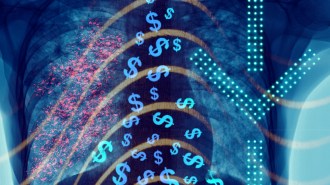 Science & Society
Science & SocietyFunding chaos may unravel decades of biomedical research
Battles between the Trump administration and academic institutions are putting important biomedical advances in limbo.
-
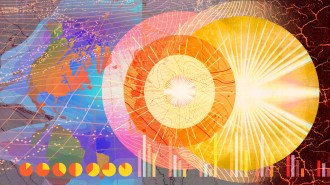 Climate
ClimateLife-saving research on extreme heat comes under fire
The Trump administration’s cuts to heat research come at a time when climate change is making extreme heat waves more common and intense.
By Nikk Ogasa -
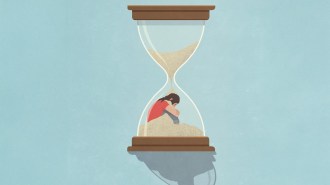 Science & Society
Science & SocietyWhy do we feel starved for time? New research offers answers
Interruptions, to-do lists, lack of autonomy — “time poverty” depends more on perceived shortages of time than actual ones, recent research suggests.
By Sujata Gupta -
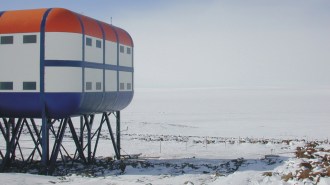 Science & Society
Science & SocietyIf another country tested nuclear weapons, here’s how we’d know
President Trump has argued the U.S. should test nuclear weapons because other countries are doing it. But scientific data suggest they’re not.
-
 Artificial Intelligence
Artificial IntelligenceAs teens in crisis turn to AI chatbots, simulated chats highlight risks
From blaming the victim to replying "I have no interest in your life" to suicidal thoughts, AI chatbots can respond unethically when used for therapy.
-
 Artificial Intelligence
Artificial IntelligenceA conference just tested AI agents’ ability to do science
AI promises to speed up scientific analysis and writing. However, AI agents struggled with accuracy and judgment.